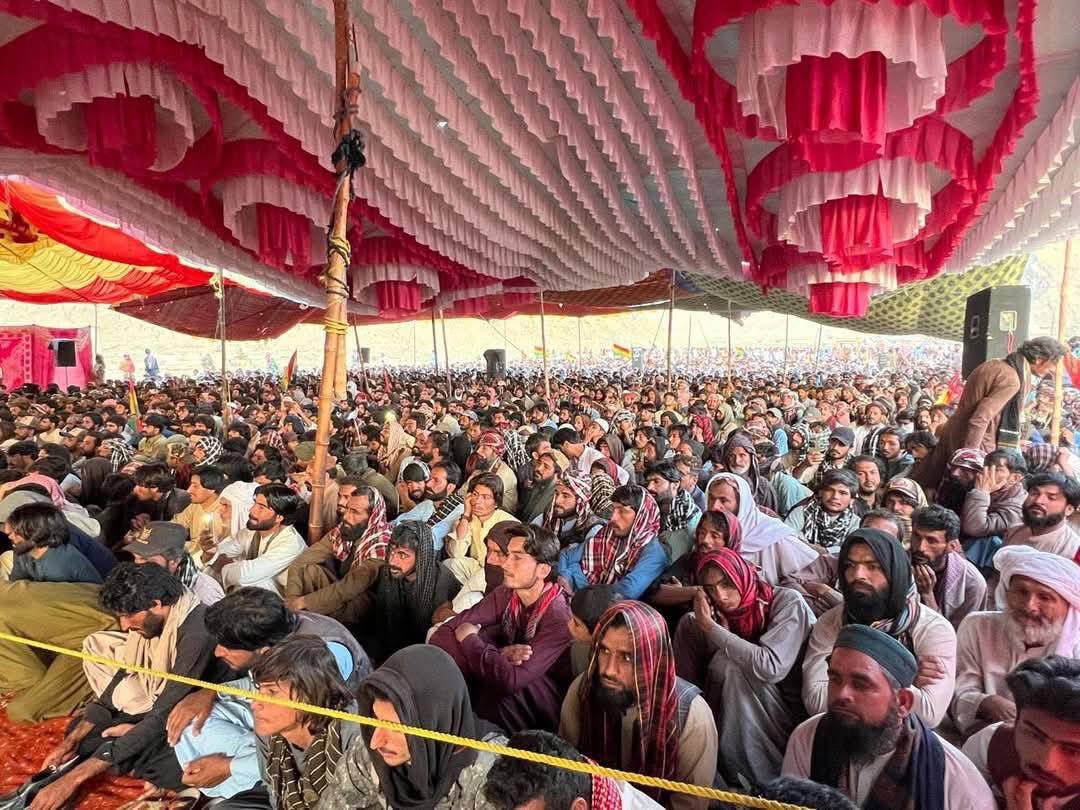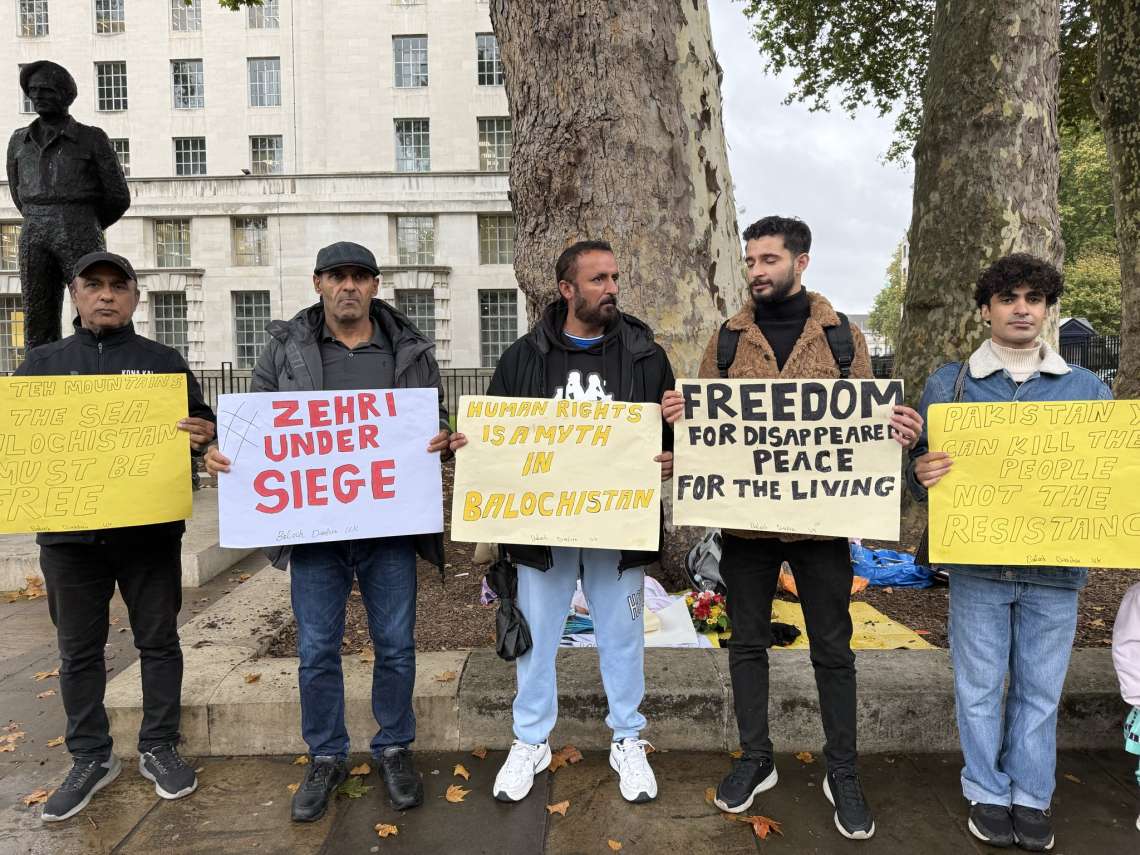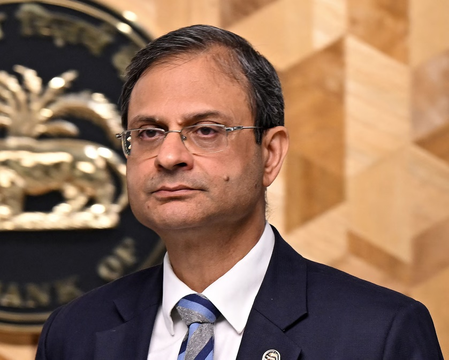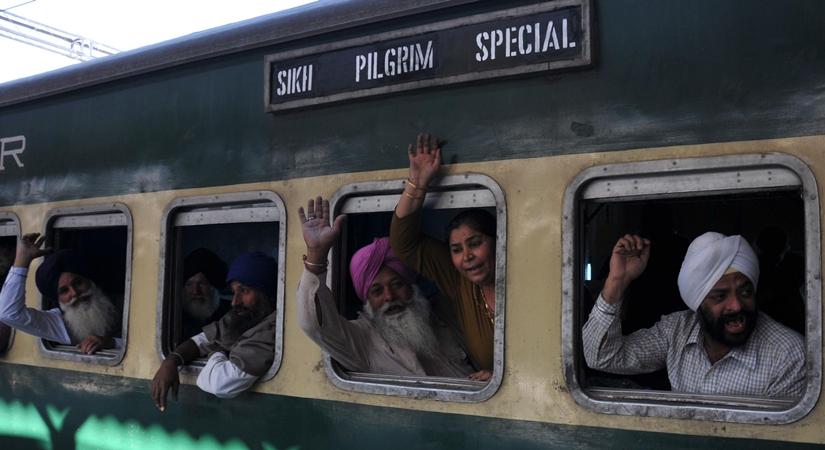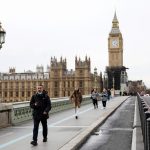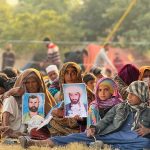The protest has gained significant political traction over the past two weeks, drawing support from communities across Balochistan. Most prominen demand of the BNP is the release of Dr Mahrang Baloch and other detained activists.
The Balochistan National Party’s (BNP) protest sit-in at Lakpass in Mastung district entered its 12th day on Tuesday, with no breakthrough in negotiations despite high-level engagements and growing national attention. The continuing deadlock underscores the party’s growing frustration over the federal government’s failure to respond meaningfully to its key demands — most prominently, the release of Dr Mahrang Baloch and other detained activists.
The protest has gained significant political traction over the past two weeks, drawing support from communities across Balochistan. Despite mounting pressure, talks between BNP leadership and government representatives have yielded no concrete results. The latest development saw former Senate chairman Sadiq Sanjrani visiting the protest camp and meeting BNP chief Sardar Akhtar Mengal, but even this failed to change the party’s position.
“Sanjrani met Sardar Mengal at the camp, but no decision was reached,” a BNP official told Dawn. No joint statement followed the meeting, and Mengal later clarified that Sanjrani had come in his personal capacity, not as a government emissary. “We did not discuss calling off the sit-in,” Mengal said in a phone interview, emphasising that the protest would continue until the government addresses their concerns.
BNP announced a series of political education seminars to be held at the protest site, beginning with a tribute to notable figures of the Baloch national movement, including Malik Saeed Dehwar and Manzoor Baloch.
Mengal criticised the federal government’s approach to the ongoing negotiations, accusing it of insincerity and lack of authority. “In three rounds of talks, there has been no concrete development. Our core demand remains the release of Dr Mahrang and other detained women. Yet there has been no movement on this,” he said.
He also condemned the authorities for blocking roads near the protest site, which he said has only added to the suffering of ordinary citizens. “This is the first time a government has taken such measures — punishing people instead of resolving the issue,” Mengal added.

While National Assembly Speaker Sardar Ayaz Sadiq reportedly reached out to assure BNP of progress, no substantial steps have been taken by the PML-N-led federal government. The BNP’s patience appears to be running thin as the standoff drags on.
In a post on X, the BNP announced a series of political education seminars to be held at the protest site, beginning with a tribute to notable figures of the Baloch national movement, including Malik Saeed Dehwar and Manzoor Baloch. The seminars aim to reinforce the movement’s ideological roots and offer a platform for literary and political discourse during the sit-in.
“We invite all Balochi literary writers and intellectuals to participate,” the BNP said in the post, adding that the sit-in continues to attract supporters from across Balochistan. Protesters are calling for the release of Baloch activists including Bebo Baloch, Shah Jee Sughatullah Baloch, Beberg Baloch and the entire leadership of the Baloch Yakjehti Committee (BYC), along with other political workers and human rights defenders.
In a parallel political development, the National Party (NP), led by its president Abdul Malik Baloch, has travelled to Lahore to meet PML-N leader Nawaz Sharif. The meeting, expected on Wednesday, aims to brief Sharif on the worsening situation in Balochistan and seek support for resolving the crisis.
The NP delegation includes prominent figures such as Jan Muhammad Buledi, MNA Phulain Baloch, Sardar Kamal Khan Bangulzai, Aslam Baloch, Shahwize Khan Bizenjo and Malik Ayub. As the sit-in enters its second week with no sign of resolution, political tensions in Balochistan continue to escalate — reflecting a wider sense of alienation and demand for justice among the Baloch population


